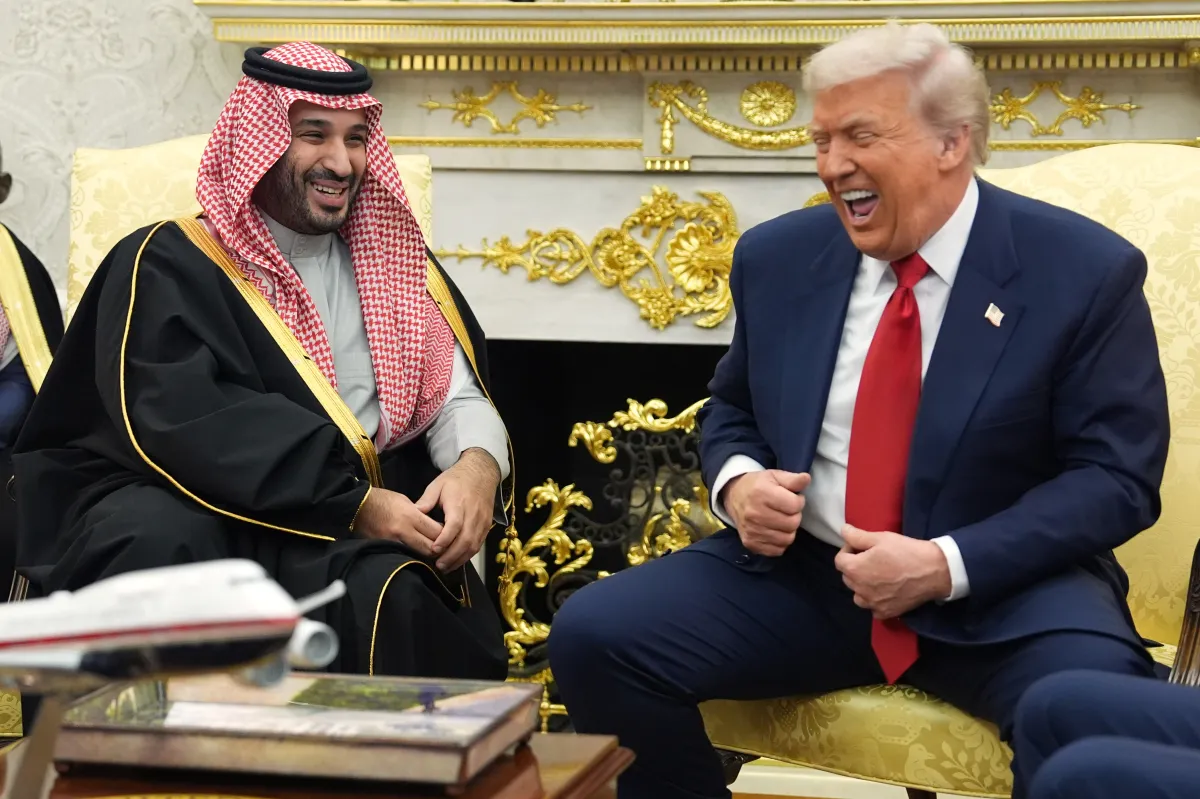
President Donald Trump designated Saudi Arabia as a Major Non-NATO Ally (MNNA) of the United States during a high-stake visit by Crown Prince Mohamed bin Salman to Washington D.C. last week, making the kingdom the 20th country to hold the status, a powerful symbol of close relations.
The designation came as human rights critics raised concerns about Saudi Arabia’s political repression of dissidents, with the brutal murder of journalist Jamal Khashoggi in 2018 casting a shadow over the visit.
The designation “is a favorite tool of U.S. presidents to cap off major visits with a symbolic flourish to indicate elevated relations,” according to Tressa Guenov, director of programs and operations at the Atlantic Council and former deputy assistant secretary of defense. The designation “does not provide any special or enforceable security guarantees, nor is it a binding treaty,” she stated in a published analysis last week.
MNNA status is a designation under U.S. law that provides foreign partners with certain benefits in the areas of defense trade and security cooperation, including access to U.S. military know-how, joint training, and priority surplus gear. It further opens the doors for easier access to Foreign Military Sales (FMS) and U.S. defense technology.
Full List of Countries Designated as U.S. Major Non-NATO Allies.
In 2022, former President Joe Biden terminated Afghanistan’s earlier designation as a MNNA following the Taliban’s return to power.
Meanwhile, Israel, Jordan, and Egypt have long received substantial U.S. military aid, independent of their MNNA status. U.S. security cooperation in the region has been strengthened since the Egypt-Israel and Jordan-Israel peace treaties.
The U.S. also supports Colombia to address border security, counter-narcotics, and insurgent threats. Tensions are rising in the region over Trump weighing military options for possible intervention in Venezuela.
